Blog Posts From The Glorious Future: How I Learned To Love The Great Redo
It was the government's solar panels that gave me hope again.
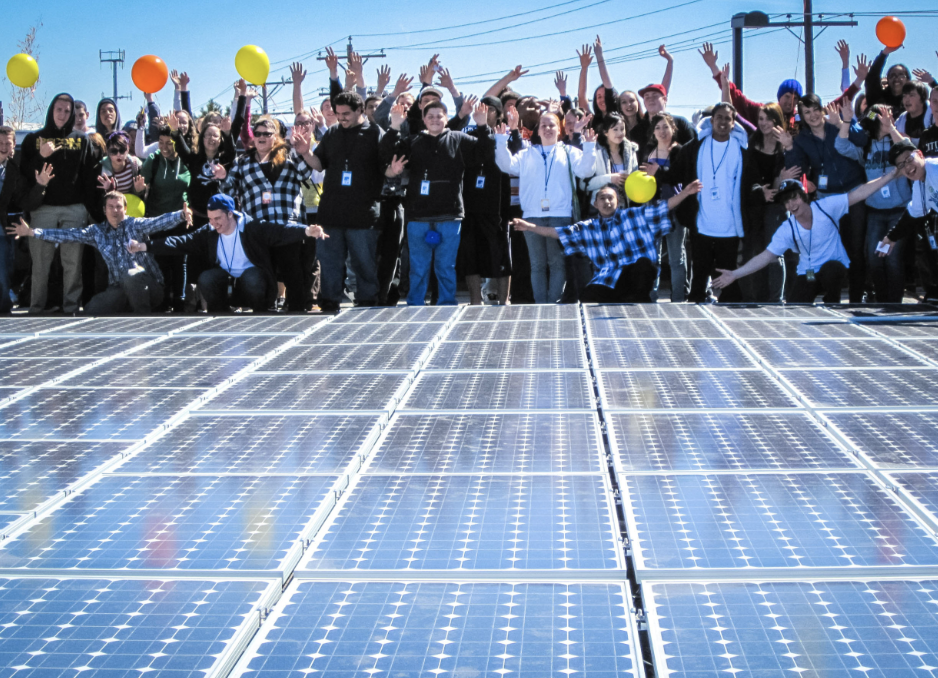
This is another in a series of blog posts Bad Faith Times has received from the future. They will be published on BFT semi-frequently in the coming weeks.
It freaked me out at first, this big white truck adorned with big cursive letters spelling out The Great Redo going door to door in my suburban neighborhood. It’s a good thing I’m not a gun guy because I might’ve loaded up that morning, or however a gun guy might phrase that. I don't know.
I knew about the Great Redo, of course. Everyone did. It was the president’s whole selling point during an interminably long campaign marked by all sorts of violence. Every other day it seemed some building was blowing up or some crazy man was mowing down protesters, and it always had to do with the Redo. A lot of people were on fire about it; others were ready to die to stop it.
We were untouched by these things in the safety of the suburbs, as we had been throughout what folks now call the Bad Times. They weren’t so bad for me and my family though.
I hadn’t thought much about all the Redo stuff in the weeks after the election, and then after the president took power in January. I figured she talked a good game and like every other president promising various reforms, she wouldn’t deliver because this country is too big to be governable. This president wouldn’t have any more success than any other president in turning around the ten thousand ton tanker that is the federal government. The machinery of government had become unresponsive. It’s why my wife and I had tuned out politics after caring so much about political shit before the Bad Times. Hope was a fool's errand. Politics was for other people.
It was a big fucking game and nothing really mattered: That was our conclusion. We moved to the burbs and unplugged. It was nicer that way.
Subscribe to Bad Faith Times for free or become a supporter and join the BFT discord community
Then the big truck showed up on a Thursday morning. Out of the truck came sharply dressed women and men wearing tailored white button-down shirts and pants. I remember sipping coffee in my kitchen that morning and watching these Redo folks move with such purpose. They had been well trained in whatever they were doing in my neighborhood. There was a plan and they were executing said plan.
Within a few minutes, one of the Redo people – a black woman with a shaved head – knocked on my door. She smiled and began her rehearsed pitch. “We’re here to install solar panels brought to you by the Great Redo,” she said before listing the ways in which these panels would be beneficial to our region and the country at large.
I sipped my coffee and listened passively. I wanted to let her finish her spiel before telling her we weren’t interested. I had done the same with some bug-killing guy a week earlier. He droned on and on about ways he would ensure we never again saw an insect, I rejected his pamphlet, and he left my porch dejected.
The Redo lady finished up and I thanked her but said we weren’t in position to pay for solar panels. What I didn’t tell her was that I had looked into panels the previous summer and laughed at the price point. We’d have to live in our house for seventy years to make those pieces of shit pay off.
“Everything today is free of charge,” the Redo representative said.
“You mean the installation?” I said.
“I mean everything. Installation, upkeep, anything you need if you’re interested in taking advantage of the Redo’s green savings program.”
I had heard that somewhere: Green savings program. I figured it was something about saving the government money on energy costs, like they tried before the Bad Times. I didn’t think it had anything to do with me or my family.
The idea of a completely free offer from the government made me squirm. It couldn’t have been real. There had to be a catch, maybe several catches. Maybe so many catches I would one day relive this exchange and wish to god that I had told this lady to get the hell off my porch and made another pot of coffee and moved on with my day, safe in the understanding that the American life was every fucking man for his damn self. Denying that reality was a dangerous thing, I thought.
So I peppered her with questions. And she never flinched, never hemmed or hawed, never rambled or used technocratic language designed to confuse an everyday guy like me. She spoke plainly. She ensured that the entire solar panel program was free of charge, and that they planned on installing panels on tens of millions of homes in the coming years. “The president is here for you and your family,” she said. I recall squinting at her and saying nothing in response.
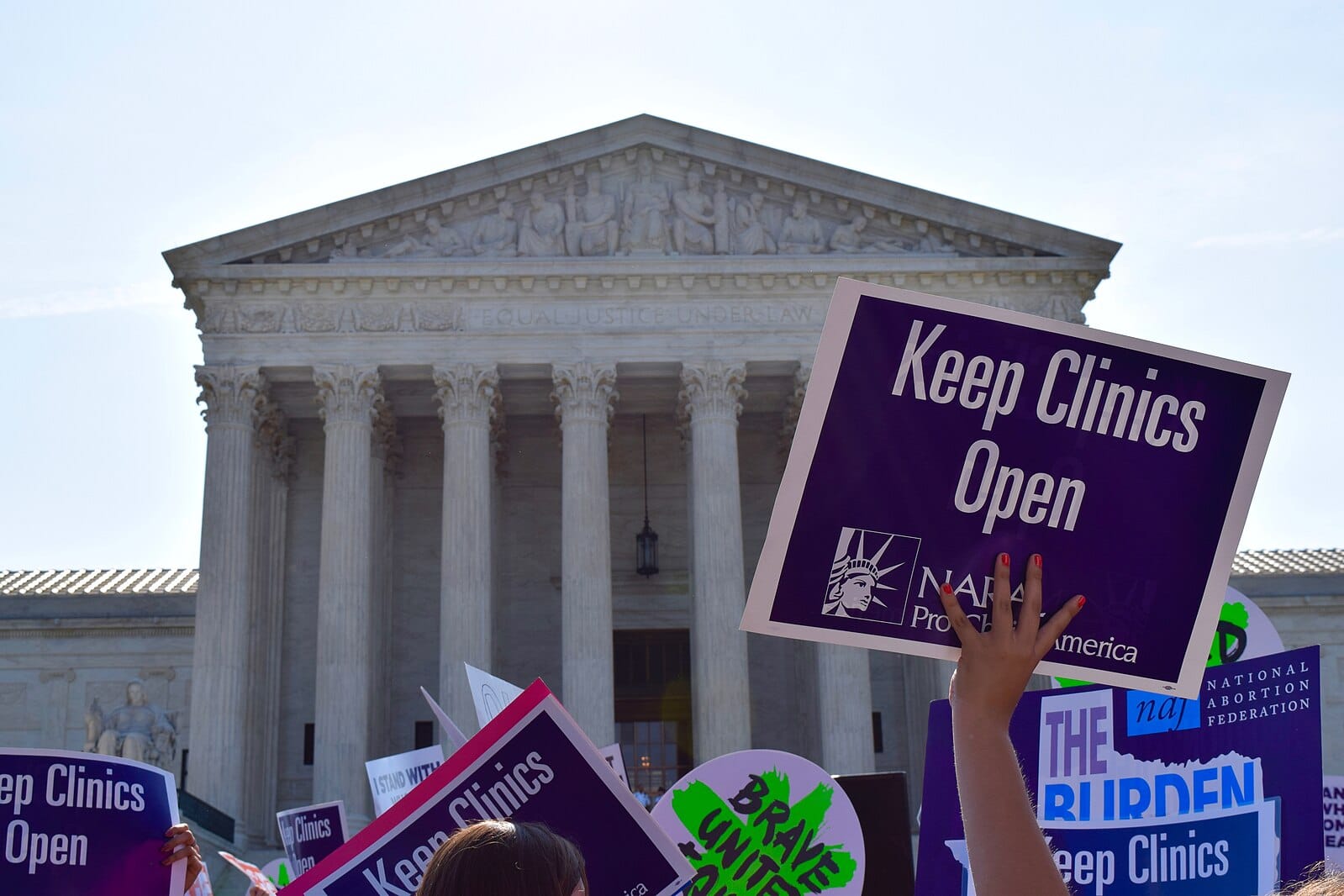
The most cynical part of my mind wanted to dismiss this Redo person as some kind of whacked-out cult member, but her sincerity stopped me from engaging in that kind of dismissiveness. Something about the way she handled herself, about the eye contact she maintained, made me vulnerable to the idea that she was from the government and she was here to help.
After agonizing with my wife on the phone for a few minutes, I returned to the door and told the Redo rep that we were in, we would take the solar panels. She could hardly control her excitement; it was so endearing it made me emotional for reasons I didn’t truly understand at the time.
So many years removed from that sunny Thursday morning, I know now that it was the sense of oneness and community that made me well up. I had never come to grips with the grotesqueness of an atomized society and all its designed alienation, meant to keep people afraid and isolated and at each other’s throats. The idea of a zero-sum society in which we compete with each other in a bloody coliseum of artificial scarcity had been implanted within me so long ago – maybe as a young kid, who really knows. It was never real, but it felt real because I had been told by so many powerful people and institutions over my life that this was the way human beings were meant to exist. That other nations more readily shared their resources never figured into my acceptance of this ugly American existence. I’m not sure why.
“America is for everyone,” a phrase uttered by the president and splashed across my TV and my phone for so long, had finally made sense that day.
The Redo folks put the solar panels on our roof two days later and I never again paid a regular utility bill. It was an instant savings of at least $400 a month for me and my wife. In the coldest parts of the winter and the hottest weeks of the summer, our utility bill would eclipse $500, sometimes edging toward $600. Since we got our panels, we pay one-tenth of what we had usually sent the utility company, which used to message us every six months or so to tell us they had no choice but to jack up our rates for some reason they could not fully explain. I did some back-of-the-napkin math and found that the green savings program had put fifty four grand into our pockets over a decade.
It was during the panel installation that I thought about the chaos that would have come down on these Redo reps before internet law had been reformed in an emergency congressional action in the first weeks of the Great Redo. Lies and half truths about these well-meaning Redo reps would have spread on social media in no time back in the Bad Times, the same way misinformation had spread about government workers arriving in storm-wrecked coastal areas back in my 20s and 30s.
A lot of emergency responders back then were killed by well-armed social media addicts who had been told by their algorithms that the federal government had dispatched people to take over their towns and cities. There'd be a hurricane somewhere in the Carolinas or in Florida and federal workers would arrive and be greeted by a hail of gunfire from Americans whose phones had told them they were under attack. The same fate would have awaited the Redo folks if the social media empires hadn't been destroyed and reined in by the pro-Redo lawmakers who had swept the prior election. I thought of all the innocent blood that would have been spilled if reality were still dictated by a few social sites and I shuddered and tried to think of something else. I couldn't.
Way back then I had a neighbor, Jimmy, who had shouted at the Redo folks when they came to his door on that Thursday morning, threatening them if they took one more step on his property (like so many Americans back then, Jimmy loved to talk about "his property"). He didn’t believe me when I told him about our experience with the solar panel program.
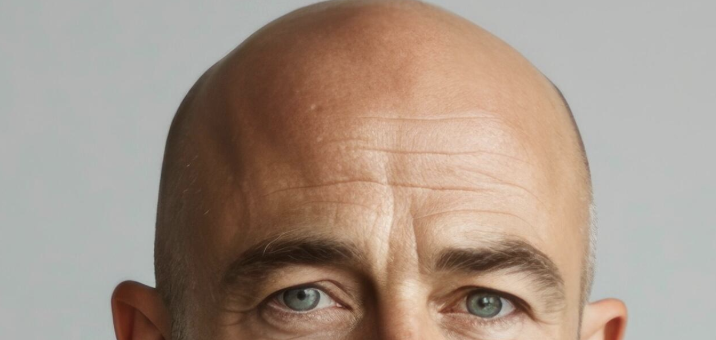
With a few beers in his belly at a July 4 cookout, Jimmy said he’d “shoot the bastards” if the Great Redo trucks ever pulled into the neighborhood again. It might’ve been the booze talking but the guy was a gun nut, so who knows. Jimmy, like a lot of Americans back then, had fantasized about using his small cache of firearms to beat back an invasive federal government. He seemed to want this. It seemed to be a goal of his, engaging in open, bloody rebellion against rampaging government forces, though he didn’t seem to notice when federal agents were black-bagging American citizens and opposition lawmakers during the worst of the Bad Times. Jimmy seemed OK with that kind of government intrusion.
At the neighborhood pool one summer evening I told Jimmy that my ne'er-do-well brother-in-law, who had for years bounced between jobs and spent some time in jail for reasons that remain unclear to me, had qualified for some version of the solar panel thing that meant he didn’t have to pay anything to his local utility company. And when my brother-in-law had sheepishly asked the Redo folks if they were hiring, they said yes, and directed him to an application site. He was a full-time Redo rep less than three months later, making more money than he had ever made and enjoying the security of a union job. Jimmy cast his eyes toward the pool and mumbled something under his breath about the reformed Supreme Court re-instituting collective bargaining. I heard “travesty” and “communism” and tuned out. A guy like Jimmy back in those days would say a word like communism because he had heard it on his TV, having no idea what it meant, no clue as to the historical context of the ideology. For a guy like Jimmy, anything he didn't like was communism. A young person today wouldn't understand this, of course.
Apparently Jimmy, in the next few weeks, had talked to other neighbors about the solar panels and all the cash they were saving. Sometimes you’d catch him scoping out the panels on nearby homes while walking his doberman, Reagan. He called me one day, a few months after losing his job – he was a victim of “diversity,” he claimed – and asked for the solar panel program information. With a forced laugh, he said something about beating the shit out of me if this was all a farce. “OK Jimmy,” I said.
I recall watching the white-clad Redo workers installing the panels on Jimmy’s roof a week later. He was out there chatting amiably with the Redo reps. I sipped my coffee and watched Jimmy – always such a miserable man, rife with fear and petty hatreds – laugh and shake hands with a Redo rep as the team finished their job. Jimmy stood in his yard, hands on hips, and nodded approvingly as the Redo truck pulled away. He smiled and waved goodbye to the Redo truck and I found myself welling up again. Jimmy had gotten a taste of the oneness.
Follow Denny Carter on Bluesky at @dennycarter.bsky.social
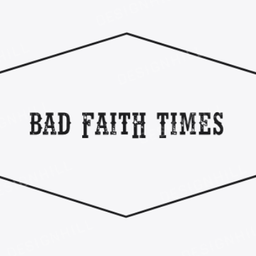
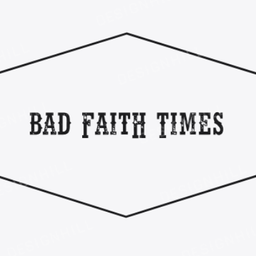

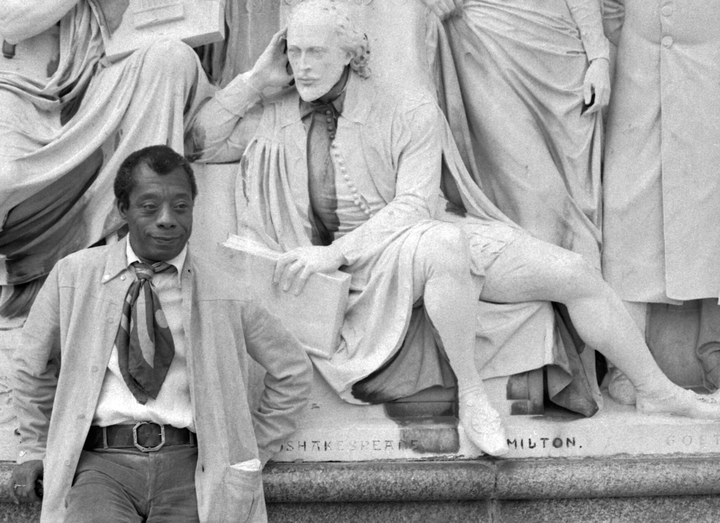
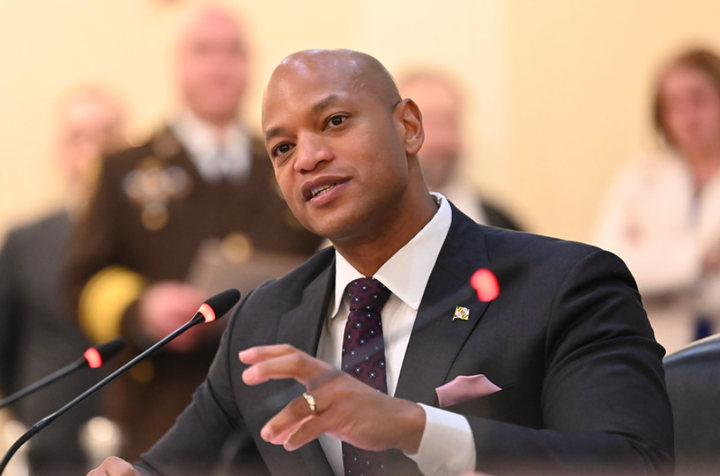
Comments ()